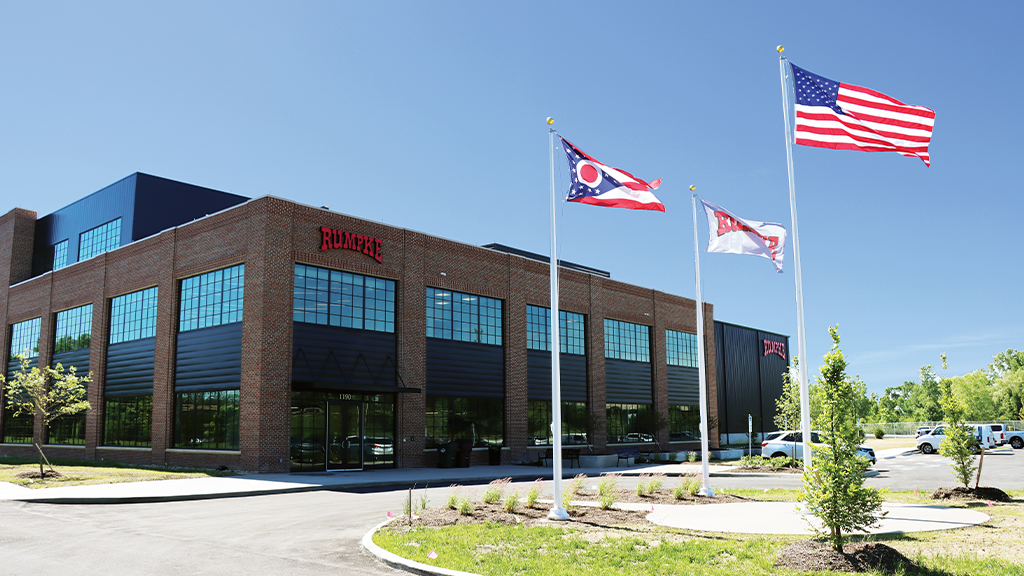UK calling for an immediate ban on single use plastics
Fishing line, cigarette butts join single-use bags on list of worst offenders

According to business waste and recycling experts BusinessWaste.co.uk, it is time for a range of single-use plastics items to be banned immediately from landfill to prevent further damage to the environment in the UK.
While the impact of single-use plastics is being discussed more visibly, actual change has been slow. The introduction of a 5p charge in the UK for plastic bags saw a dramatic reduction in the number of new bags issued by retailers, but still saw 500 million bags issued in six months after the scheme was rolled out - still equivalent to 4,000 tonnes of new plastic.
Similarly, many chain restaurants in the UK have announced their intention to introduce paper, rather than plastic, straws, following the Government's announcement that they would soon ban the sale of plastic straws - but many outlets are still using plastic, 6 months away from the proposed implementation of the ban.
There are, according to research by BusinessWaster.co.uk and various studies, a number of items whose use - and subsequent disposal - create an unjustifiable amount of plastic waste.
Below, BusinessWaste.co.UK looks at the worst offenders (and some alternatives):
Plastic bags
Plastic bags take 10-20 years to break down in the environment - unlike a water-soluble alternative developed in Chile, which (despite looking identical to a traditional carrier bag) dissolves once stirred into water, removing the need for landfill-clogging plastics.
Disposable nappies
Taking a horrifying 450 years to break down, disposable nappies are one of the worst offenders for single-use plastic - and, as many contain moisture-locking gels, can have other unintended ill-effects once dumped in landfill. However, reusable cloth nappies are now widely available, and have been found to be better for babies' skin - making for happier babies and more eco-friendly parents.
Fishing line
An unusual entry, but with 1.2 million fishing licences issued for 2015-16 (the most recent year for which data is available), there are millions of miles of plastic fishing line (which takes 600 years to break down) bought and discarded each year. Banning this would not stop angling enthusiasts, however - dissolvable fishing line has been developed which eventually breaks down in water, meaning fishing fans can still hook their catch of the day without adding to landfill!
Cigarette butts
By now, everyone is aware that smoking itself is dangerous - and banning it outright would contribute dramatically to an improvement in public health. But plastic cigarette filters, which are discarded once a smoker finishes their crafty smoking break, take between 1 and 5 years to break down in landfill. However, with improved support for smoking cessation and reusable vaping technology available, there are alternatives for those who are addicted and struggling to quit.
Plastic bottles
Taking up to 450 years to break down, plastic bottles are a prime offender - and banning them could see the continued increase of reusable water containers, which have seen a dramatic increase in sales in recent years. Many of these are more durable plastics, or aluminium, and therefore can be used for many years before needing recycling.
Styrofoam
Horrifyingly, there are no indications for how long this widely-used packaging material takes to break down after it has been discarded - causing a potentially massive headache for the environment, as online shopping (and therefore carefully-packed parcels) reaches new heights each year. However, there are eco-friendly alternatives. From bamboo fibre packaging to cardboard ‘packing peanuts', there are a wealth of cushioning options for your brand new TV to be delivered safely.
"We truly believe that there cannot be significant change to the amount of single-use plastic - and other materials - going to landfill without equally significant, stated BusinessWaste.co.uk spokesperson Mark Hall. "Banning these products might seem like a big step, but as we've shown, there are plenty of eco-friendly alternatives.
"The best way to encourage businesses to innovate and find better ways of manufacturing is to create demand for it, and that's what we believe a ban on these items would do," continues Hall. "The general public are now more aware of green issues than ever and we feel that there would be widespread support for a bold move towards improving our environmental credentials."


